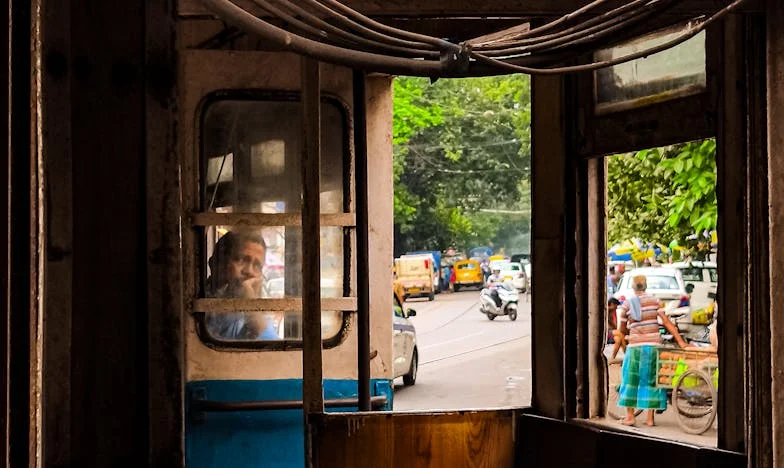Wheels of Dreams: A Journey Through Pain and Freedom
“You can’t just drive away from your problems, Lisa!” my sister Sarah shouted, her voice trembling as she blocked the front steps, arms crossed and eyes red from crying. The engine of the Honda CR-V purred behind me—the car my late husband and I spent seven years saving for, selling homegrown tomatoes at the Saturday market and working every extra shift we could scrounge in our little Indiana town. My suitcase thudded to the porch, echoing the ache in my chest.
For a moment, I couldn’t breathe. I stared past Sarah at the empty driveway, seeing flashes of Mark’s smile, his calloused hand warm over mine as he’d whispered, “One day, babe. Just us, the open road, and nothing to hold us back.”
But he was gone now, taken by a drunk driver on a rain-slicked night three months ago. And since then, bills piled up, casseroles stopped coming, and everyone seemed to have an opinion on what I should do with my life. I was thirty-four, a widow, and my world had shrunk to the size of my grief.
“Let me go, Sarah,” I choked. “I need to do this—just like Mark and I planned.”
“What about Mom? She needs you. And you have no job—what are you going to do for money?”
She was right, in a way. After Mark died, the plant laid me off. Mom’s health was failing, and my own savings were dwindling fast. But every day I stayed, I felt myself drowning in memories and what-ifs.
I shook my head, brushing past her. “I’ll send postcards. I’ll call. But if I don’t do this now, I never will.”
I drove until the sun slipped below endless rows of cornfields. The radio played Mark’s favorite Springsteen song, and I sobbed so hard I had to pull over. I screamed into the empty night, hating the universe for ripping him away, for leaving me with nothing but a car, a broken heart, and a half-baked dream.
The days that followed blurred together: cheap motels, greasy diners, and long stretches of highway where my only company was the wind and the ghost of Mark’s laughter. I met strangers who told me their stories—a waitress in Ohio who’d lost her son to opioids, a retired Marine in Missouri who bought my breakfast when he saw me crying.
One night near Memphis, my phone buzzed. It was Sarah.
“Mom’s in the hospital,” she said, her voice small. “She’s asking for you.”
Guilt slammed into me. I’d been running, but I couldn’t run from family. I promised to come home after I reached the Grand Canyon—our final destination, the dream Mark and I never got to cross off.
The closer I got, the heavier everything felt. I slept in the car some nights to save money, ate peanut butter sandwiches, and watched my checking account dwindle. When the engine rattled in Amarillo, I prayed to a God I wasn’t even sure I believed in anymore. I missed Mark’s steady presence, his belief that things would always work out.
At a truck stop in New Mexico, I called my mom. She sounded weak but tried to laugh, telling me not to come back until I’d seen the world like I always wanted.
“You were always the brave one, Lisa,” she said. “Don’t let fear keep you small.”
The Grand Canyon was more beautiful than I imagined. I parked at the edge just before sunrise, wrapped myself in Mark’s old hoodie, and watched the sky spill gold over the red cliffs. I felt him there with me—not in any mystical way, but in the part of me he’d loved best, the one that believed in tomorrow.
I took a deep breath and spoke aloud, “We made it, Mark. I made it.”
On the drive back, I stopped in Oklahoma when I saw a sign: HELP WANTED – SCHOOL BUS DRIVER. I’d never driven anything bigger than my Honda, but I needed work, and the town was friendly. I rented a room above a bakery and sent money home to help with Mom’s bills. I called Sarah every night, and little by little, she stopped sounding so angry.
Months passed. The road taught me things I never learned in our quiet Indiana town: how to ask for help, how to start over, how to let go of what might have been. I found kindness in unexpected places—like the bus mechanic who taught me to change a tire, or the kids who wrote me notes thanking me for being their favorite driver.
When Mom passed away, Sarah and I held each other and cried. The grief was different this time—softer, edged with gratitude for the time we’d had. We forgave each other for all the things said in pain.
I thought about selling the Honda, but I couldn’t. It was more than a car. It was my freedom, my proof that even after losing everything, I could still choose my own path.
Now, sometimes on quiet evenings, I drive out to the edge of town and watch the sunset. I miss Mark, but I’ve found a piece of myself I never knew was lost.
Did I do the right thing, leaving when I did? Or was I just running away? Do we ever really find freedom, or do we just learn to carry our pain a little farther each day?
